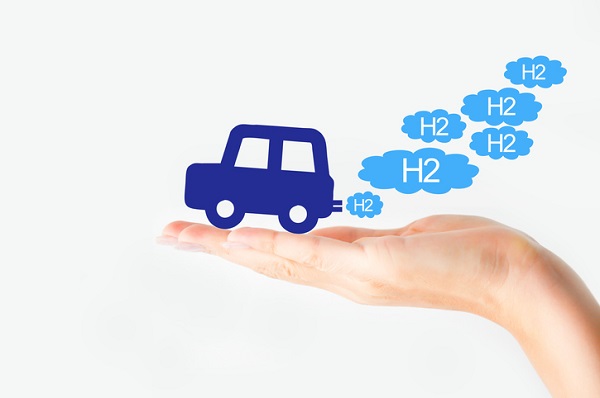
The future of dispatching could be very ecologically friendly. Hydrogen fuel cell trucks are beneficial on multiple levels, with an energy density nearly three times that of gas or diesel, as well as electric drivetrains that lose only 10 per cent of their energy to heat. In fact, several major auto manufacturers are experimenting with the concept—Hyundai, Daimler and Toyota among them.
With environmental issues becoming increasingly urgent, seeing companies use hydrogen fuel cell technology in their vehicles is important. Plus, these vehicles are impressive in terms of how they function. Here’s what dispatch students need to know about hydrogen fuel cell trucks.
These Types of Vehicles Have Been Around Longer Than You Think
While this concept for a vehicle may seem modern, hydrogen cell vehicles can actually be traced as far back as the 1960s. Back in 1965, high school student and eventual scientist Roger Billings converted a Ford Model A car to run on hydrogen, demonstrating hydrogen’s capability as an alternative source of fuel. The following year, General Motors unveiled the Electrovan, the world’s first hydrogen fuel cell car.
The history of car companies dabbling in fuel cell technologies is also more extensive than you might think. Daimler introduced fuel cell-powered Mercedes-Benz cars as far back as 1994 (even experimenting with hydrogen fuel cells during the ‘80s). Meanwhile, BMW introduced their 520h car in 1979 that could operate on either gas or liquid hydrogen.
Various Car Companies Are Currently Experimenting With the Technology
Whenever new trends enter the picture, you can always expect certain companies to capitalize, and that’s precisely what major auto manufacturers are doing with hydrogen fuel cell cars. One example is Hyundai’s rollout of their HDC-6 Neptune concept Class 8 heavy-duty truck: a hydrogen-only vehicle that is the first on its ambitious roster of commercial vehicles that don’t rely on fossil fuels.
You can check out Hyundai’s very cool HDC-6 Neptune concept truck in this clip:
Students at dispatcher schools will also be impressed by how companies like Nikola and Toyota are utilizing fuel cells for their products. Nikola has raised $1 billion in funding for their hydrogen cars, for example, and Toyota is developing its hydrogen fuel cell Mirai cars and provides Kenworth with fuel cell electric powertrains for trucks.
Its Fuel Efficiency and Other Benefits Will Wow Those at Dispatcher Schools
Hydrogen fuel cell vehicles include many benefits, including high energy density, minimal loss of energy to heat, longer range, lighter battery pack, high fuel efficiency, and low emissions. It has also established a presence in the trucking industry, and many are taking notice, including in Canada.
In Alberta, for example, the Alberta Zero-Emissions Truck Electrification Collaboration (AZETEC) aims to lower the province’s greenhouse gas emissions by 80 per cent before the year 2050. Students in dispatcher training will be intrigued to know that the $15-million project also aims to design and manufacture two hydrogen fuel cell electric hybrid trucks to drive between Calgary and Edmonton throughout the year. The goal is to have these trucks carry 20 million tonne-kilometres of freight over 500,000 km by the time the three-year project is over.

Want to take a dispatcher program in Toronto?
Contact Automotive Training Centres to find out more!

